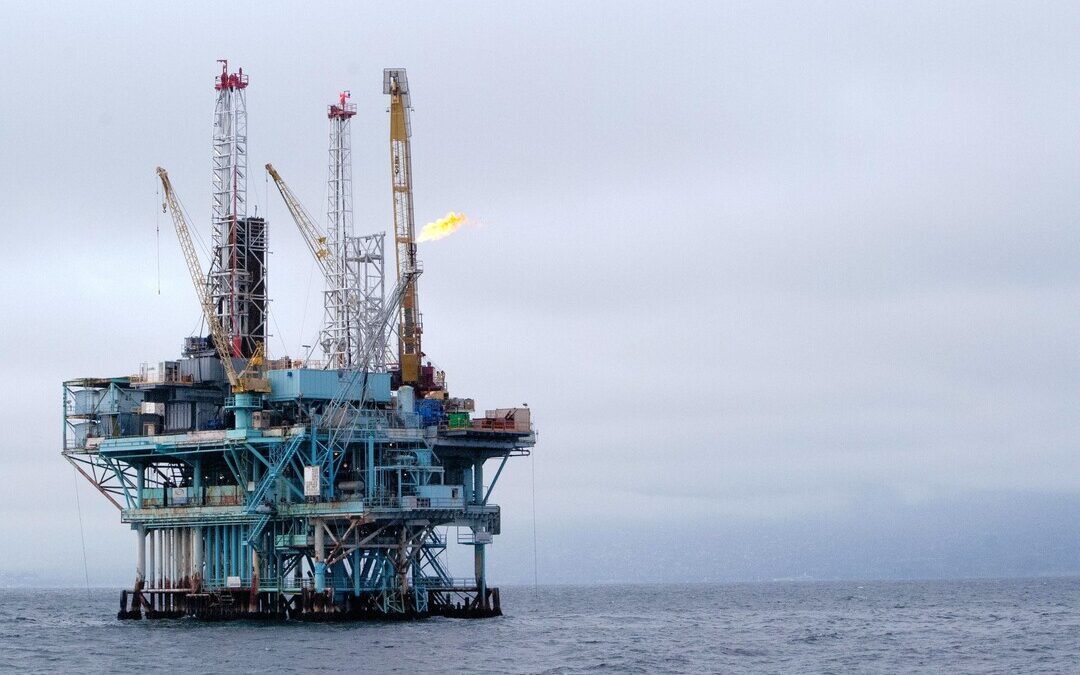Carbon Offset Efforts Show Minimal Impact on Net Zero Targets: Study
Study finds carbon offset plays minimal role in corporate climate strategies despite rising industry claims and public debate.
Carbon offset use is playing only a negligible role in corporate climate strategies despite its prominence in public debate, according to a study of 89 multinational companies published in Nature Communications.
The research found no significant difference in climate performance between firms that purchased offsets and those that did not.
The analysis, led by Niklas Stolz of ETH Zurich, examined more than 400 sustainability reports and corporate disclosures spanning 2014 to 2023. It concluded that voluntary carbon offsetting neither accelerated nor slowed overall decarbonization.
“Our evidence shows that offsetting is not a reliable indicator of stronger corporate climate ambition,” Stolz said.
Low Financial Commitment
Companies’ spending on carbon credits was described as small compared with broader investment needs. On average, carbon offset expenditures equaled just one percent of capital spending in 2022, even among the five biggest users. By contrast, firms under mandatory emissions trading schemes in Europe paid almost ten times more for compliance allowances.
For example, airline easyJet spent about 2.7 percent of its capital expenditures on carbon offsets, while Delta Air Lines allocated 1.8 percent. In oil and gas, Eni and Shell devoted less than 0.4 percent, and in the auto sector, Volkswagen and Mercedes-Benz each spent less than 0.2 percent.
“Relative to capital budgets, these amounts are insignificant,” Stolz said.
Minimal Share of Emissions Offset
Even heavy offsetters were found to cover only a fraction of their climate footprint. Delta offset 44 percent of total emissions, while easyJet covered 78 percent before halting its program in 2022. Most other firms offset well below two percent. In oil and gas, Eni and BP offset 1.4 percent and 0.7 percent, respectively. Volkswagen and BMW offset just over one percent of their total output.
When looking only at operational emissions, automakers’ shares appeared larger. Volkswagen offset 50 percent of scope 1 and 2 emissions, BMW 45 percent and Mercedes-Benz 40 percent. Yet such accounting still left most value-chain emissions untouched.
Signs of Competition With Decarbonization
Although the overall link between offsetting and climate ambition was statistically insignificant, the study highlighted instances where carbon offsets competed with internal abatement efforts.
Delta, which pledged $1 billion over ten years for climate neutrality, spent $284 million on offsets in three years but only $16 million on operational changes. EasyJet redirected funds from offsetting to technology investment after scrapping its program.
Oil majors Shell, Eni, and Inpex were also found to integrate offsets directly into their emissions targets, allowing them to meet goals without reducing operational output. “These cases suggest that offsets can crowd out investment when companies treat them as substitutes,” Stolz said.
Volatile Corporate Strategies
Offsetting practices were highly inconsistent. Some airlines and oil companies offered customers the option to purchase credits at checkout, effectively passing the cost onto consumers.
Others sold “pre-offset” fossil fuels. Several major offsetting campaigns, including those of Delta and easyJet, were later abandoned.
The report noted that companies could halt purchases at any time, underscoring the fragile nature of such commitments. “Offsetting lacks permanence and should not be seen as a cornerstone of corporate climate plans,” Stolz said.
Policy Implications
The findings challenge industry claims that voluntary offsetting spurs faster decarbonization. Earlier reports by market groups suggested that purchasing credits created financial incentives for emission reduction. Stolz’s study disputes that, highlighting weak links between offsetting and genuine performance.
Instead, regulatory schemes such as the European Union’s Emissions Trading System were identified as more effective in driving change. Firms spent far more on compliance obligations, which carry binding costs and cannot be abandoned as easily.
“Voluntary offsetting is overstated in the public discourse,” Stolz said. “Our results show it is not a substitute for strong regulatory frameworks.”
Risks of Moral Hazard
While no overall evidence of systemic moral hazard was found, some patterns raised concern. Companies embedding offsets into long-term targets could rely on credits of questionable quality instead of direct cuts. That practice would mirror problems already seen in renewable energy certificates, where claimed benefits did not match real-world impact.
If voluntary credits are accepted within compliance markets, such as in Colombia or South Africa, the risk could grow. “Policymakers should guard against offsetting being used to weaken mandatory schemes,” Stolz said.
Broader Context
The study covered oil and gas, aviation, and auto manufacturing—three hard-to-abate sectors that together retired nearly one-quarter of all credits in 2022. Other industries, such as steel, cement, and shipping, were excluded due to limited offset use.
The researchers acknowledged that reliance on self-reported data posed limitations, though they cross-checked results against major carbon registries. Nevertheless, the consistency of findings across multiple robustness tests supports the central conclusion.
“Offsets have become a tool for companies to manage reputation rather than emissions,” Stolz said. “Real progress depends on internal and supply chain decarbonization, not on voluntary credits.”
Also Read:
Study Finds Third-Party Audits Fail to Guarantee Carbon Offset Credibility
Nirmal Menon
Related posts

Subscribe
Error: Contact form not found.


